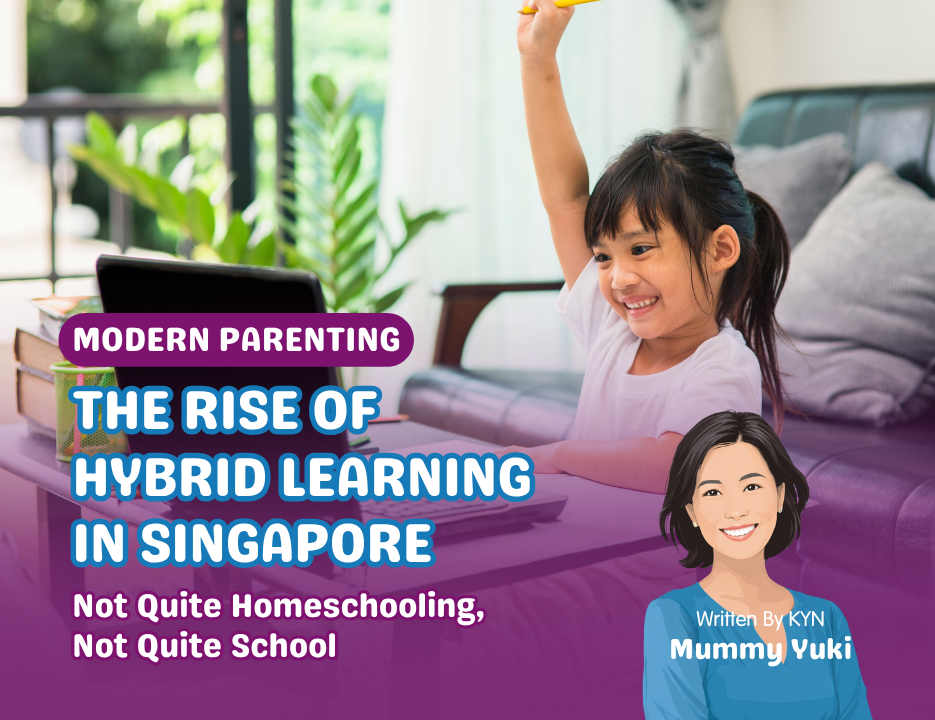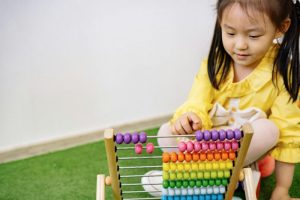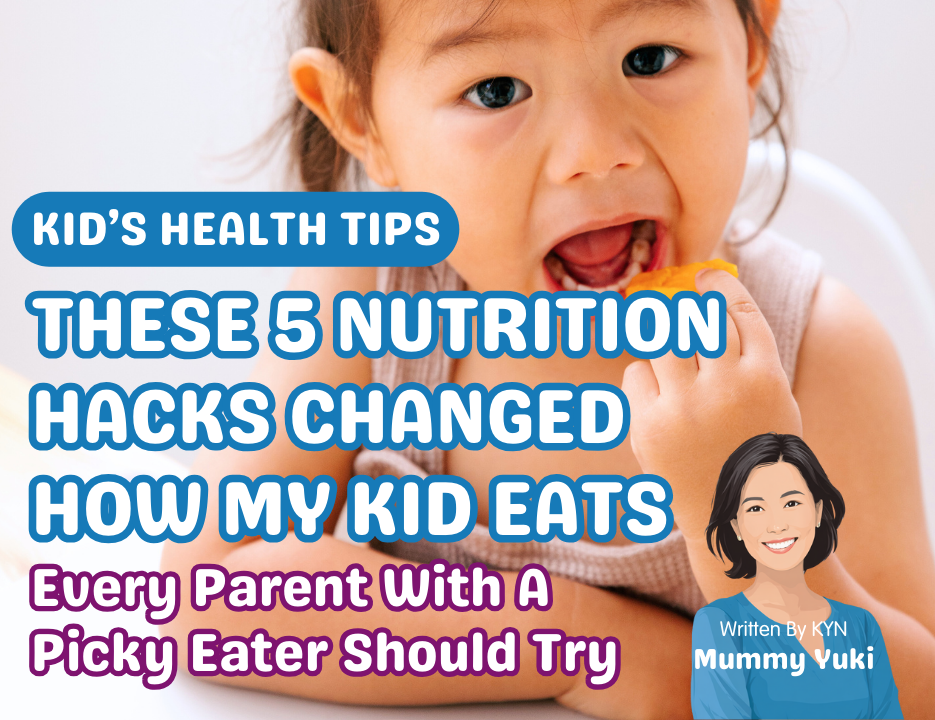In recent years, many parents in Singapore have started rethinking traditional education. Between rising school pressures, the growing availability of online resources, and the desire to tailor learning to each child’s needs, a new approach is gaining traction: hybrid learning.
Not quite homeschooling, yet more flexible than conventional schooling, hybrid learning combines the best of both worlds.
What is Hybrid Learning?
Hybrid learning is a blend of in-person and online education. It allows children to attend school or enrichment classes while also exploring subjects independently through online education platforms for kids in Singapore. Parents can customise schedules, mix and match learning approaches, and focus on areas where their child thrives.
The Rise of Online Education Platforms
Singapore is seeing a surge in online learning platforms designed specifically for children. From coding classes to language lessons, these platforms offer interactive, engaging content that kids can access from home. With video tutorials, quizzes, and progress tracking, parents can supplement school learning without feeling like they’re “teaching” at home.
According to a report by IMARC Group, the Singapore online education market was valued at USD 383.03 million in 2024 and is projected to reach USD 2,774.68 million by 2033, exhibiting a growth rate of 24.61% during 2025-2033. This growth is fueled by the country’s robust digital infrastructure and high levels of internet penetration, creating a favorable ecosystem for e-learning.
Enrichment classes remain a popular way to give children hands-on learning experiences beyond the school curriculum. Art, music, robotics, and sports programmes allow kids to explore passions at their own pace. Many parents now combine enrichment classes in Singapore with online modules to create a well-rounded, flexible learning schedule.
A report by Channel News Asia highlights that enrolments for holiday enrichment classes have more than doubled during the June school break, with education providers attributing the surge to tighter travel budgets and parents seeking meaningful ways to engage their young ones.
Flexible Curriculum Options
Hybrid learning also encourages flexibility in what and how children learn. Some parents opt for structured programmes with clear goals, while others embrace curiosity-led approaches where children explore topics they’re naturally drawn to. This adaptability helps nurture a love for learning and prepares kids for a world where skills like creativity, adaptability, and tech literacy are increasingly important.
Educator Insights
Educators in Singapore have observed the benefits of hybrid learning. According to the OECD’s TALIS 2024 study, 81% of teachers in Singapore work in schools where at least one lesson was taught as hybrid or online in the last month, significantly higher than the OECD average of 16%. This indicates a strong adoption of digital tools in teaching practices.
One educator noted,
“Hybrid learning allows for a more personalised approach, catering to the individual needs of each student.”
Government Support and Statistics
The Singaporean government has been supportive of hybrid learning initiatives. The Ministry of Education’s Education Statistics Digest 2024 indicates a continued emphasis on customising learning to each student’s strengths, interests, and learning needs.
Additionally, the Code for Fun (CFF) enrichment programme, introduced by the Infocomm Media Development Authority (IMDA) and the Ministry of Education (MOE), exposes primary and secondary school students to coding and computational thinking. Since 2020, it has been mandatory for all upper primary school students to go through CFF or a comparable coding programme.
Why Parents Are Embracing Hybrid Learning
For busy families, hybrid learning offers a balance. Kids gain the social benefits of physical classes while enjoying the personalised pace and breadth of online education. For children who need more challenge or extra support, hybrid learning makes it easier to tailor lessons to individual strengths and weaknesses.
Final Thoughts
Hybrid learning is not just a trend, it’s a reflection of a changing mindset about education in Singapore. Parents are seeking flexibility, engagement, and personalised learning experiences that traditional schooling alone sometimes struggles to provide.
Whether you’re exploring online education for kids in Singapore, considering enrichment classes, or curious about flexible curriculums, hybrid learning might just be the modern approach your child needs.
For more insights on hybrid learning, visit our previous blog post on hybrid learning trends.
Hello! I am Mummy Yuki

I am one of the editors of KidYouNot team! As a WFH mum, I love quiet mornings, soft music, and messy play is my kind of vibe. I’m all about slow parenting, art time, and letting kids be kids.
Join KidYouNot SG Parenting Community
Sign up to become a member and gain access to exclusive parenting tips, special deals, and early updates on new products and events.
Follow us on Instagram and Telegram to connect with other parents, share your journey, and enjoy fun, supportive content every day!





